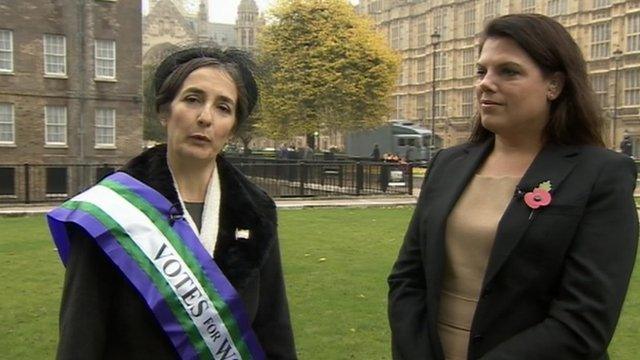Men should not fear all-women lists, says Baroness Gale
- Published
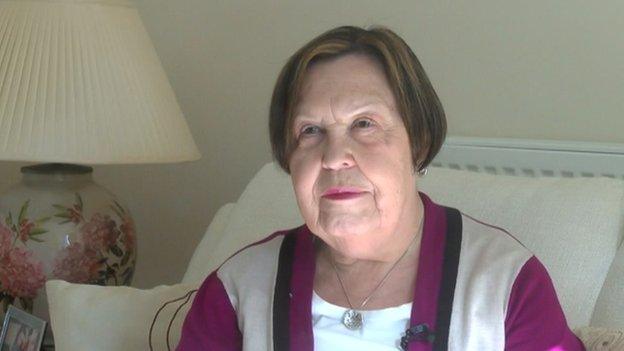
Baroness Gale has been a prominent campaigner for more women in political life
A Labour peer has said men in the party have "absolutely nothing to worry about" as a result of plans to increase the number of elected women politicians.
Welsh Labour has approved a move to select women in half its winnable council seats in the 2017 local elections.
But Baroness Gale insisted male candidates would not be deselected.
She said her party had done more than others, but the record was still poor.
Baroness Gale, a former general secretary of Welsh Labour, said parties need to do more to ensure women candidates were selected and all-women shortlists were the only way of making that happen.
"Generally speaking throughout Wales it's not good for women at all," she said.
"We could carry on making tremendously slow progress, or we could do something positive so that our elected institutions look like the people they represent and that means having a good mixture of men and women."
Parties are currently choosing candidates for the 2015 UK general election and 2016 assembly election.
Gender balance
Plaid Cymru said local parties decide the candidates for council, assembly and parliamentary elections but a gender balance was required for the top two positions on its assembly regional list.
The Welsh Liberal Democrats rejected all-women shortlists, but ruled out all-male shortlists for Westminster and assembly elections.
The Welsh Conservatives have no specific mechanisms in place to increase the number of women selected.
Since 1918, only 13 women have been elected to represent Welsh seats at Westminster.
There has been greater gender balance within the Welsh assembly, and currently 58% of AMs are men compared with 42% of women.
At its spring conference, Welsh Labour pledged to increase the number of women selected in winnable seats in council elections to 50%.
Baroness Gale said male councillors would not be deselected.
"Certainly men in the Labour party have got absolutely nothing to worry about whatsoever," she said.
Party dispute
The party conference also endorsed women only shortlists "as the single most effective measure to ensure the continued fair representation of women".
But all-women shortlists have been controversial and caused a bitter dispute within the party in the Blaenau Gwent seat during the 2005 general election.
It resulted in the former Labour AM and MP Peter Law standing as an independent and defeating the Labour candidate by a significant margin.
Labour used an all-women shortlist to select its candidate in Gower for next year's general election.
Baroness Gale said she was hopeful that seats in Swansea East and Cynon Valley where women MPs were standing down would adopt the method.
"I think there would be a disappointment [if that didn't happen] because what we're trying to do is address this problem that all political parties have, and that is the reluctance of party members of all parties to select women."
A decision on whether candidates for the seats will be chosen from all-women shortlists will be made shortly after May's European elections.
- Published11 March 2012
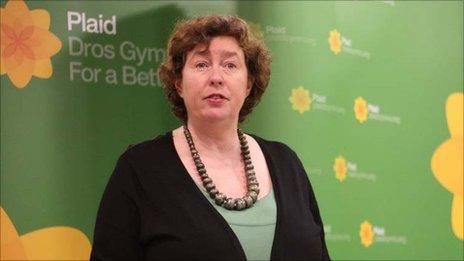
- Published9 April 2014
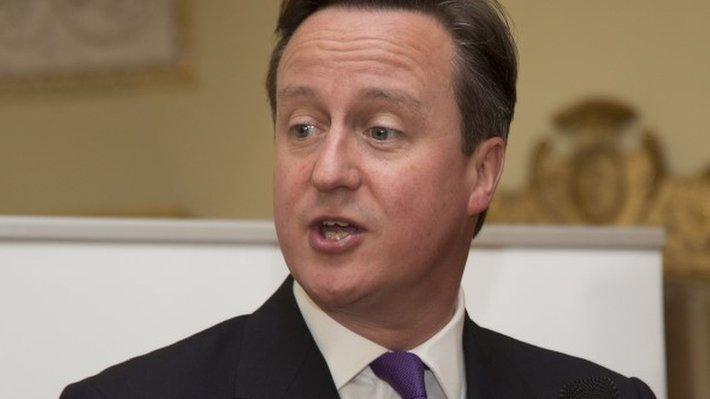
- Published10 February 2014
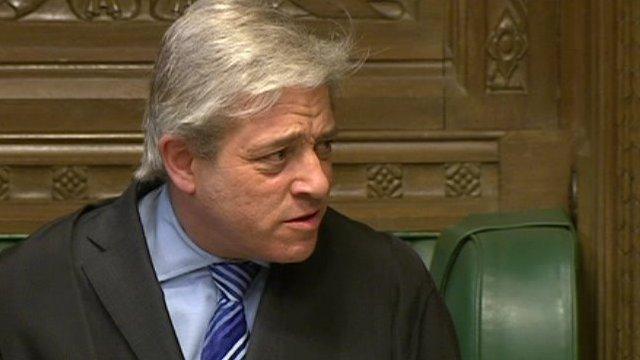
- Published9 April 2013
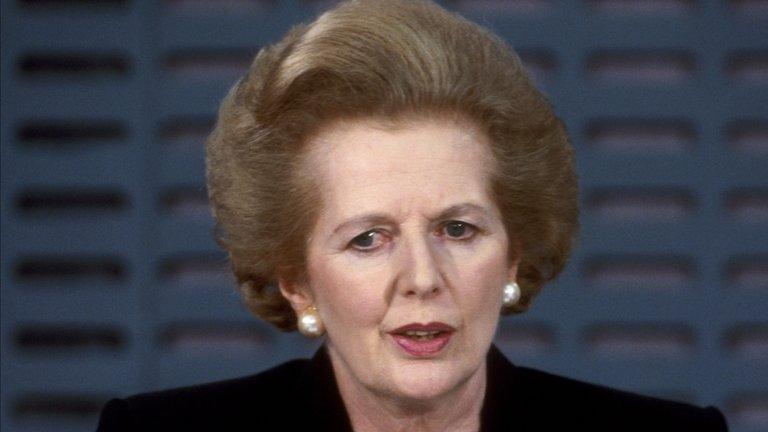
- Published24 October 2012
